
Neutrality
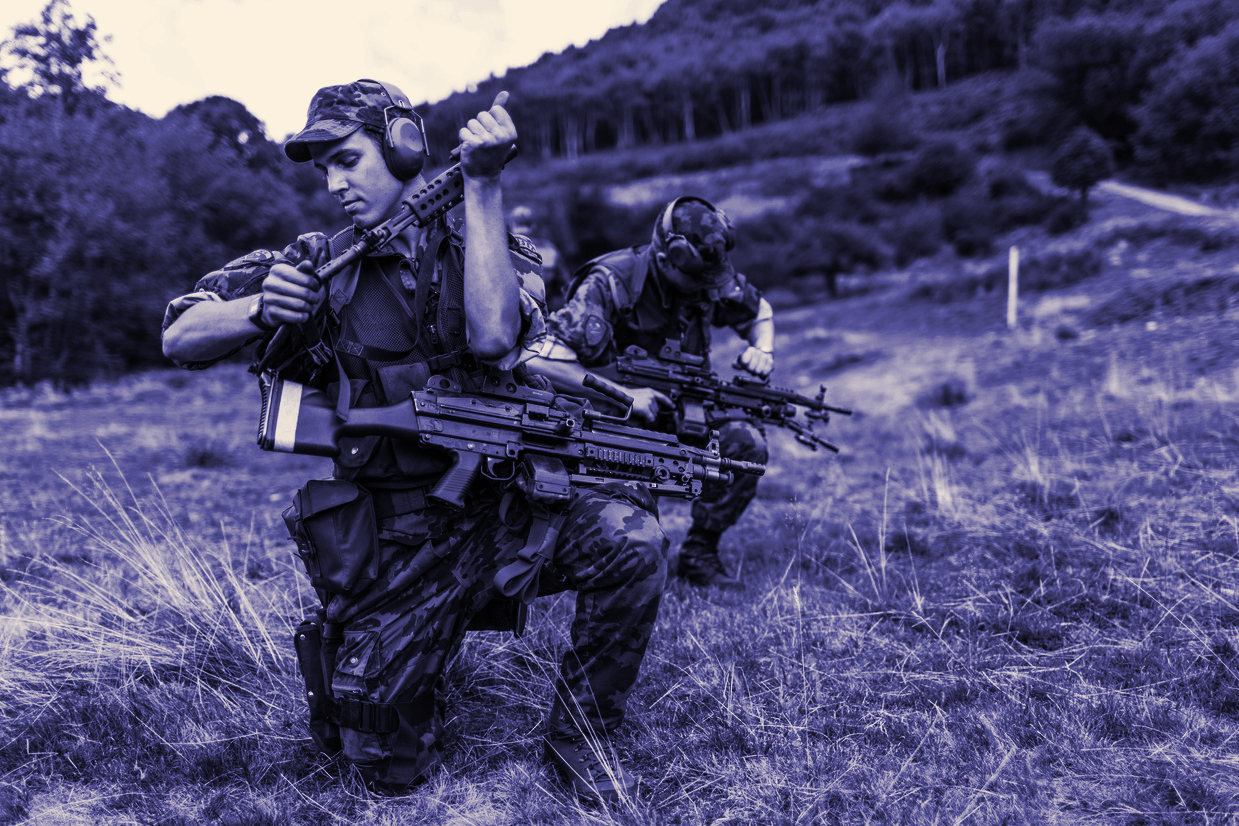
Switzerland appears to be more open to closer ties between its army and the West. Can it do that? This is the framework within which neutral Switzerland operates militarily.
Neutrality is part and parcel of Swiss identity. It was recognised in 1815 by the Great Powers at the Congress of Vienna. For the architects of the Swiss constitution of 1848, neutrality was a tool for maintaining the country’s independence.
In 1907, the Hague Conventions set out in writing the rights and duties of neutral states for the first time. In exchange for the inviolability of their territory, such countries were, among other things, bound to stay out of wars, to treat all belligerents equally and not to supply them with arms or troops.
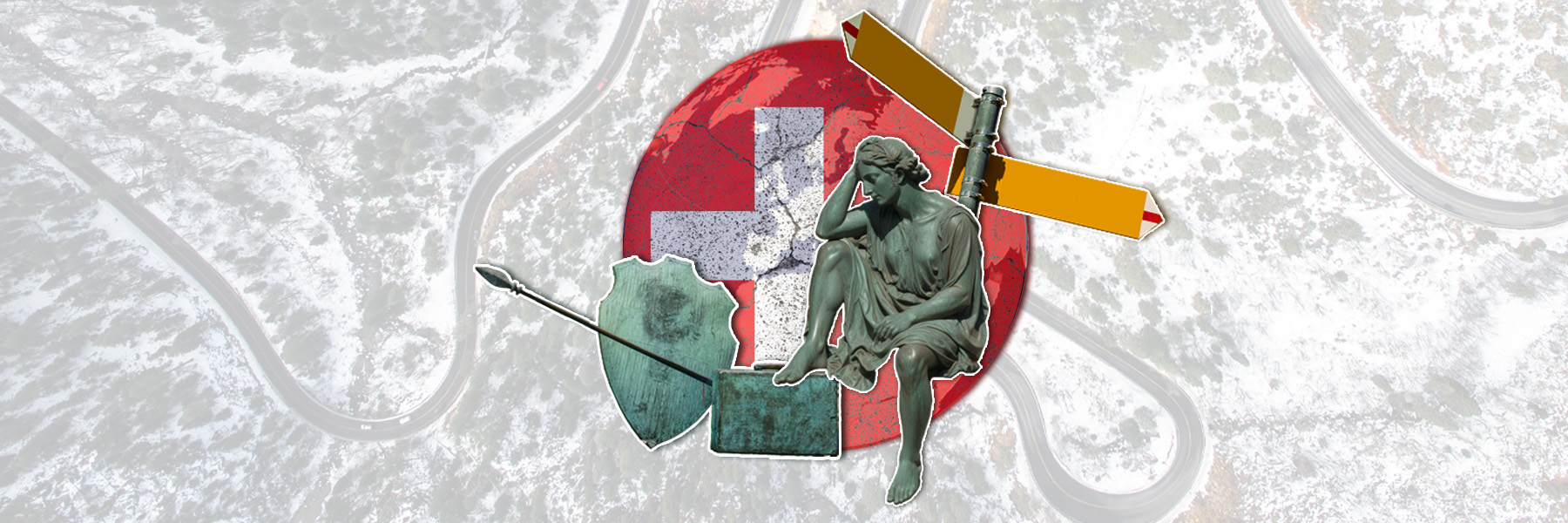
More
What does the future hold for Swiss neutrality?
Swiss army
Neutral states must also be able to defend themselves, which explains why Switzerland has always striven to keep its armed forces at a respectable level.
Switzerland has a militia army with a limited number of professional soldiers. Under the constitution, military service is compulsory for male citizens, whereas it is optional for women – the aim is to increase their proportion to 10% by 2030.
After receiving basic training, soldiers must keep up their skills by attending refresher courses for several weeks each year. It is therefore common to see young soldiers in uniform, often carrying weapons, in Swiss towns and cities and on trains. They may also take their rifles home with them, which regularly gives rise to controversy, owing to the frequent role of army weapons in murders and suicides.
Men who refuse to perform military service for reasons of conscience may opt for civilian duties. They must then carry out community work for a period one-and-a-half times longer than military service. Those who are deemed unfit for military service during the recruitment process are not allowed to serve and must pay a conscription tax.
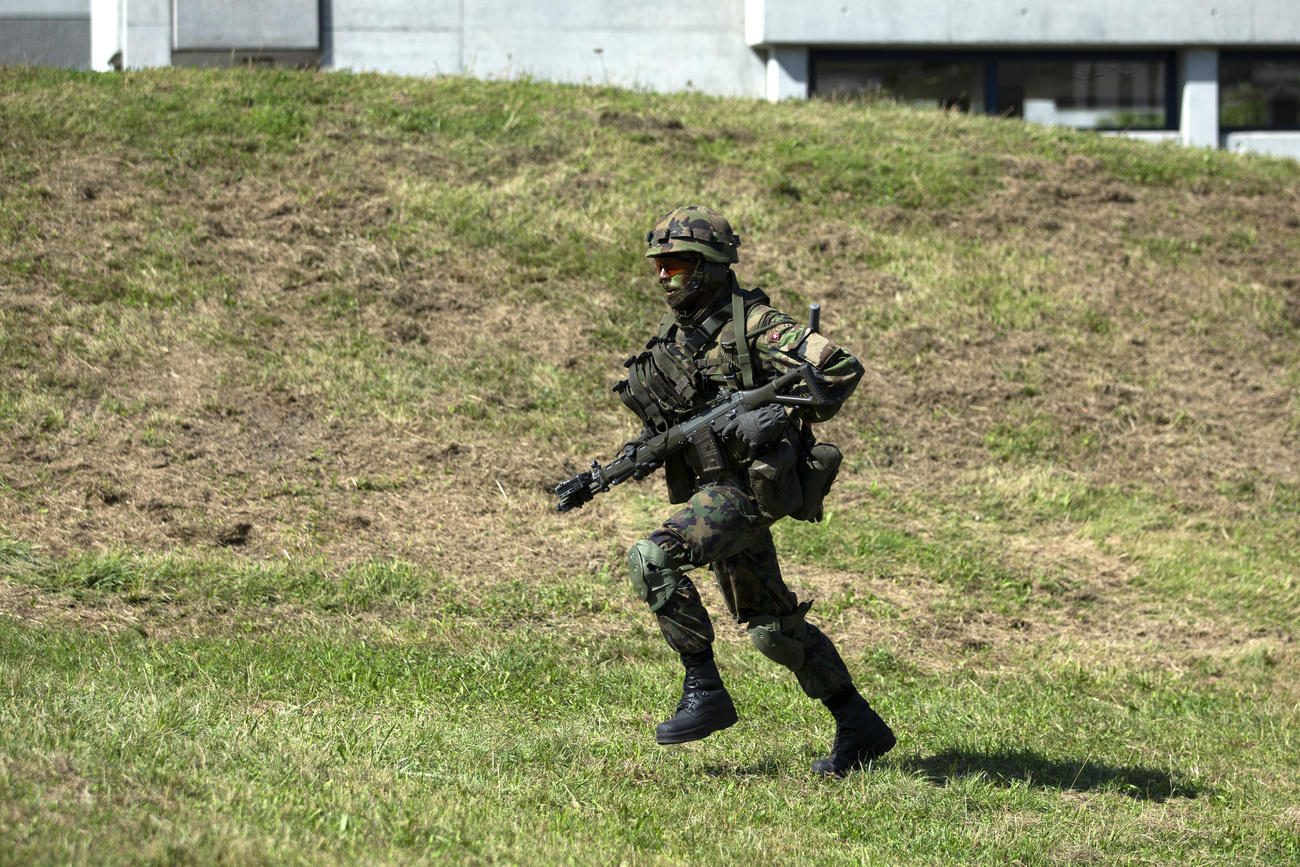
More
Is it possible to refuse military service in Switzerland?
International commitments
Switzerland’s neutrality does not prevent it from being part of many international organisations. And while the country cannot join the NATO military alliance, it does cooperate with it, notably through the Partnership for Peace programme.
In 1920, Switzerland joined the League of Nations, the forerunner of the United Nations, and succeeded in imposing Geneva as the site of the body’s headquarters. In the wake of the First World War, Switzerland was keen to forge a global mission for itself using its diplomatic and humanitarian expertise.
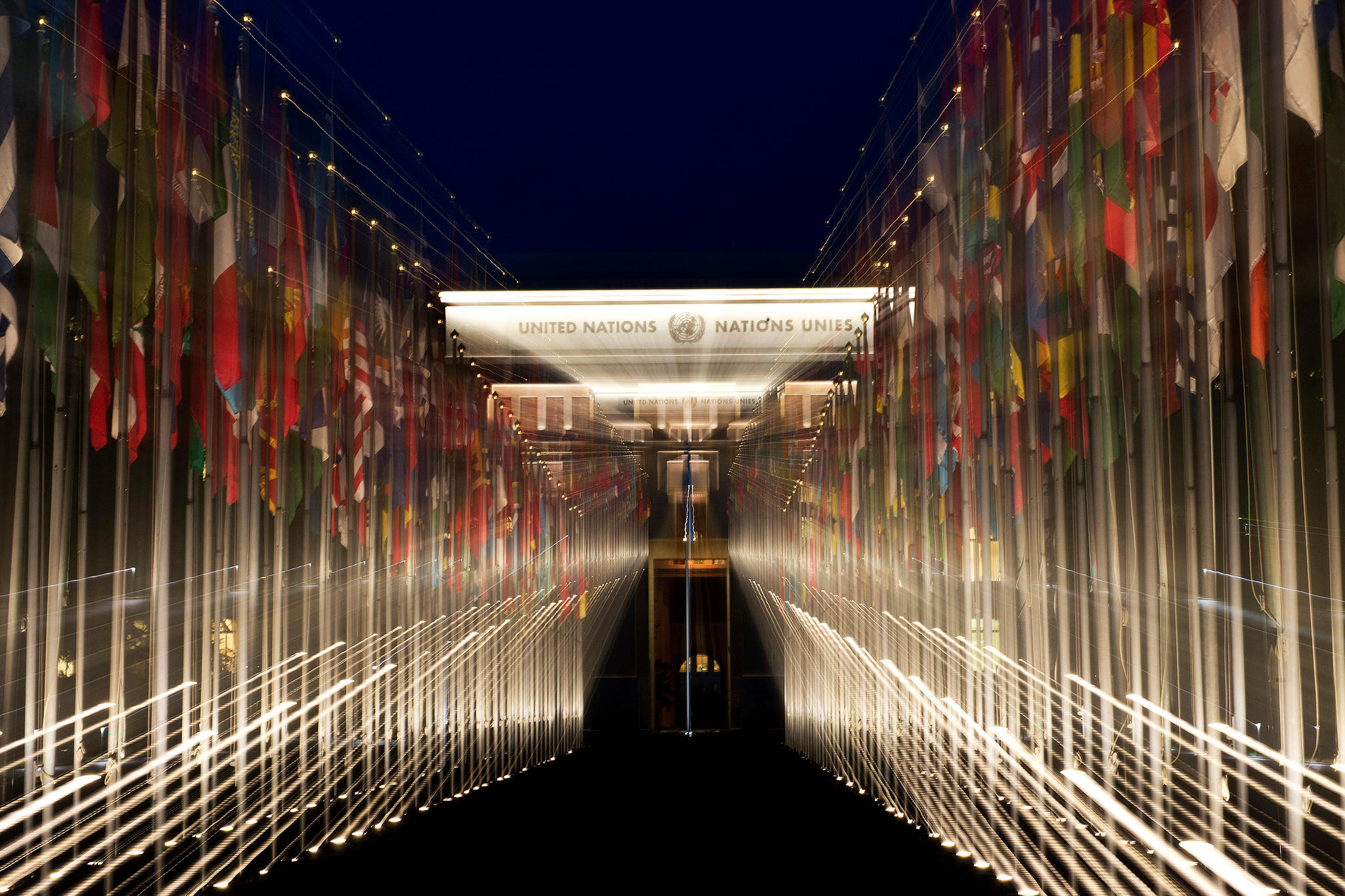
More
International Geneva – why is it so important to Switzerland?
However, the Second World War and the Cold War reinforced the idea that, to remain completely neutral, Switzerland should not sign up to any international alliances. Switzerland did not join the United Nations until 2002, more than 50 years after the organisation was founded.
Nevertheless, over the years Switzerland has continued to strengthen its representation within international bodies. It is thus a member of UNESCO, the Organisation for Economic Co-operation and Development (OECD), the Council of Europe and the Organization for Security and Co-operation in Europe (OSCE), among others. Geneva is also now the seat of many international organisations.
Promoting peace and human rights has remained a priority for Swiss foreign policy. The country takes part in civilian and military peacekeeping missions led by international organisations. It sends experts to different countries to support peace processes or to monitor the holding of elections. Switzerland also regularly offers its good offices, supports conflict parties in seeking solutions and acts as a mediator.

More
Need a diplomatic messenger? Switzerland is eager to help
The limits of neutrality
From the outset, Switzerland’s neutrality has been much debated and questioned. During the Second World War, Switzerland breached this principle on numerous occasions, for instance by supplying war materiel and goods to the belligerents. It has also been strongly criticised for refusing to take in Jewish refugees and for keeping Holocaust victims’ money in its banks until the late 1990s.
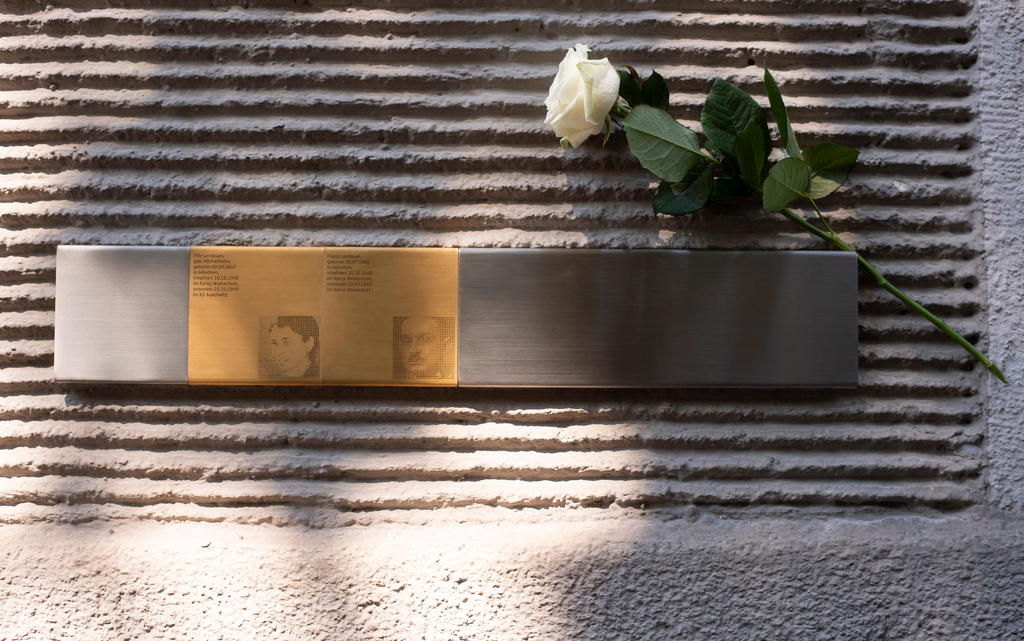
More
How the Holocaust-Swiss banks deal was brokered
Moreover, Switzerland manufactures weapons and exports them to various countries, a fact that many people consider incompatible with its neutrality and its desire to promote peace. But it is argued that Switzerland’s armed neutrality should enable it to be as independent as possible from other states when it comes to defence equipment.

More
The controversial lucrative business of Swiss arms deals
Each new proposal for cooperation with or membership of an international organisation sparks renewed debate on the definition and role of Swiss neutrality. However, in a globalised world made up of interdependent states, this principle seems less important and more difficult to delineate today.
A survey conducted in 2024 showed that over 91% of respondents reported a wish to preserve neutrality, and said they believed it was an integral part of Swiss identity.
Translated from French by Julia Bassam/urs/dos/sb
To find out more about Swiss neutrality:
Swiss neutrality – Foreign ministryExternal link
Military and civilian service – Swiss authorities ch.ch siteExternal link
Swiss neutrality – Historical Dictionary of SwitzerlandExternal link
Peace and human rights policy of Switzerland – Foreign ministryExternal link

More
Asylum in Switzerland

More
What language is spoken in Switzerland?

In compliance with the JTI standards
More: SWI swissinfo.ch certified by the Journalism Trust Initiative




























You can find an overview of ongoing debates with our journalists here . Please join us!
If you want to start a conversation about a topic raised in this article or want to report factual errors, email us at english@swissinfo.ch.